How can I travel safely if I have Allergies?

Experiencing an allergic reaction, or other sudden medical episode, is distressing and often terrifying, no matter where you are. Thinking about this occurring in a foreign country could be enough to make some people unwilling to leave their home soil.
Don't Panic!
Firstly, relax. A lot of people with all kinds of allergies and other medical problems have successfully enjoyed wonderful trips to China.
Secondly, be prepared. With just a little preparation, you will also enjoy your trip without hassles.
- If you have a serious allergy, make sure you have taken advice from your doctor at home.
- Get some translated cards printed to explain your problem. You can download Food Allergy Translation Cards in Chinese Version below or you can purchase them from websites such as www.selectwisely.com/ or www.allergytranslation.com/ (for about $8-10). You can also contact your travel specialist to write cards for you in both languages.
- Come prepared with (more than) enough supplies of your specific medications such as anti-histamines, epi-pens and inhalers. (Do not expect to be able to purchase them on your trip.)
- Make sure that you have informed your tour company and travel specialist of your needs. They can help you avoid problems, as well as taking care of you in an emergency.
- Inform your traveling companions so they can also assist you.
- If you are really afraid of going hungry, bring some safe foods from home with you.
Click to Zoom for Peanuts Allergy Translation Cards in Chinese
Click to Zoom for Nuts/Peanuts Allergy Translation Card in Chinese
Click to Zoom for Shellfish / Seafood Allergy Translation Card in Chinese
Click to Zoom for Gluten Allergy Translation Cards in Chinese
Click to Zoom for Sensitivity to MSG Translation Cards in Chinese
Click to Zoom for Milk / Dairy Allergy Translation Cards in Chinese
Click to Zoom for Soy Allergy Translation Cards in Chinese
Click to Zoom for Allergic to Spices (especially Chili) Translation Cards in Chinese
Specific suggestions about staying safe and comfortable during your amazing visit to China:
1. Peanut Allergy
Contact with peanuts or tree nuts is very serious, even life-threatening, for people with this allergy.
Although common in some countries, peanut allergy is quite rare in the Chinese population and therefore it can be hard to explain your needs if you have this allergy.
You need to make sure that your food is not cooked with peanut oil or blended oil with peanut composition. You also need to be aware that some table condiments such as chili oil may have a base of peanut oil.
Show your card, and enlist the help of your local guide to make sure your message is understood.
Be careful of wheat-based products, which may contain peanuts and oil. Any pre-prepared or packaged food may contain nuts, without necessarily mentioning it on the package (even if you can read Chinese). However, there are lots of delicious (and safe) fresh fruits, vegetables and other snacks.
If you have prepared well, you can stay safe and enjoy a wonderful trip to China. Be vigilant about what you touch and eat, have your medicines always at hand, and use your printed card and guide to ask food handlers to make your food safe.
2. Shellfish / Seafood Allergy
While you will obviously avoid eating seafood dishes if you have this allergy, you need to be aware that sometimes shrimp paste, or dried shrimp, is used as a flavor enhancer in non-seafood dishes, especially soups, congees or noodles.
Make sure that you use your printed card, and with the assistance of your local guide, be polite and persistent until your needs are understood.
3. Celiac – Gluten Allergy
As a celiac, you are well-practiced at avoiding gluten at home where the law requires that packaging is clearly labeled with “contains gluten”. Unfortunately, in countries like China, not everything is what it seems.
You will need to avoid the faux meat products offered at Chinese vegetarian restaurants, as gluten is often the basis for these delicacies. Neither can you rely on rice breads, as gluten is often added to improve elasticity. While rice is a staple, gluten is often added to a dish in the soy sauce, oyster sauce, and even chicken stock and Shanxi vinegar.
Be prepared with your translated allergy card, make your situation clear to your tour company and guide, eat fresh foods and plain rice, and avoid pre-prepared and packaged snacks. You can have a wonderful trip without upsetting your internal workings.
4. Sensitivity to MSG
Although this allergy is rarely life-threatening, it can make you feel really sick and ghastly, spoiling your trip. Again, it could be very difficult to get local people to appreciate your predicament because MSG is such an integral part of the diet in its role as a flavor-enhancer.
Make sure you have a good breakfast of safe foods like baked goods and dairy products in your hotel, enjoy plenty of (peeled) fruits, and then get your guide to assist you in asking for steamed foods without adding MSG.
5. Lactose Intolerance – allergic to dairy
In fact, many Chinese are lactose intolerant, so there won’t be a problem getting people to believe you. Milk is easily replaced with soy milk. However, you need to be careful because sometimes soy milk is mixed with cow’s milk.
6. Soy Allergy
Chinese cuisine is rich with soy products. You can avoid the obvious ones such as tofu in its various forms, including ‘stinky tofu’ and you need to watch for soy ‘meat’, soy ‘milk’, soy oil, soybean paste, soybean sprouts and, of course, soy sauce.
However, it may not always be that obvious because many cooks fry vegetables and meat in soy sauce. Steamed foods are clearly safer for you.
You need to be polite and persistent as you make your needs clear, use your translated card and ask your guide to assist.
7. Allergic to Spices (especially Chili)
Being able to handle a plateful of hot chili-spiced foods is seen as a feat of strength, and many gourmands enjoy challenging themselves despite the ensuing discomfort and even pain.
Unfortunately, some people have a genuine allergy to this or other spices which can result in life-threatening anaphylaxis.
In some parts of China people will understand “no chili” to mean “well only a little bit”, because they cannot imagine food without it. Use your card, and enlist the help of your local guide.
It’s also a good idea to test a small amount of food on the tip of your tongue, and then wait a while before digging in. Have a drink of water handy, and cooling foods such as apple or jellyfish.
8. Asthma and Hay Fever
China’s problems with air-quality are well-known, and obviously if you have a sensitivity or allergy that will give you breathing difficulty you need to take extra care. There may also be unfamiliar pollens that you need to be careful of.
- Be prepared. Talk to your own physician before you leave to discuss your safest options.
- Carry sufficient supplies of your medication (anti-histamines, inhalers).
- Inform your tour planners and guides of your health situation.
- Plan your trip carefully (with the assistance of tour company) to travel at the best times and to avoid polluted areas.
- Possibly invest in a small protective mask – these are commonly worn in China and you will not be considered strange.
9. Irritable Bowel (IBS)
For an IBS sufferer, a trip to China can still be a wonderful adventure. There are some simple rules to follow.
- Tell your tour guides of your condition, so that they can tell you where the nearest facilities are wherever you go, and be understanding if you need to rush off.
- Make sure you know the Chinese symbols for the appropriate toilets.
- Always carry sufficient tissue supplies (there won’t be any provided).
- Carry supplies of your favorite go-to medication (such as Immodium).
- Know your triggers, and avoid them. For example, spicy food, or when traveling overnight it is often best to avoid all food and drink, or fruits and vegetables that upset your insides.
10. Anxiety and phobias
Anxiety can be debilitating, and many otherwise ordinary people carry around deep-seated fears that could disrupt a wonderful overseas trip.
If you are on medication, and under the care of a therapist, make sure that you talk with them first, and bring your medication with you as you won’t be able to purchase more in China.
If you have an underlying phobia such as claustrophobia (small spaces), agoraphobia (open places and crowds) or enochlophobia (crowds), and you think that your discomfort may become a problem on a tour, mention the situation to your tour planners. They can help you to choose destinations where you will be most comfortable, as well as watching out for signs that you are in distress. If possible, also travel with a companion you are comfortable with.

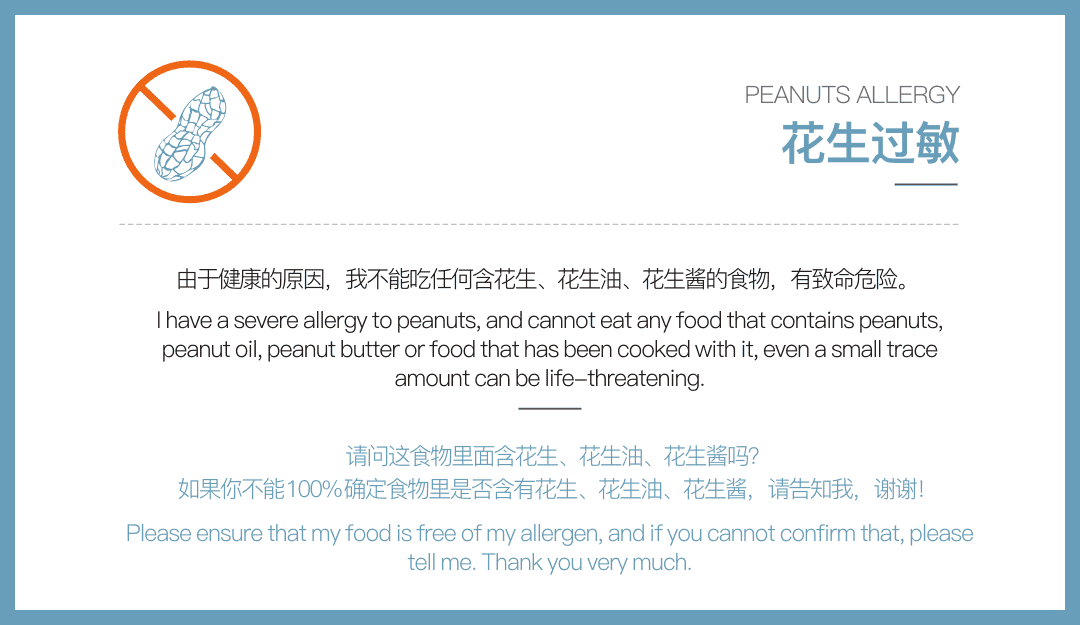
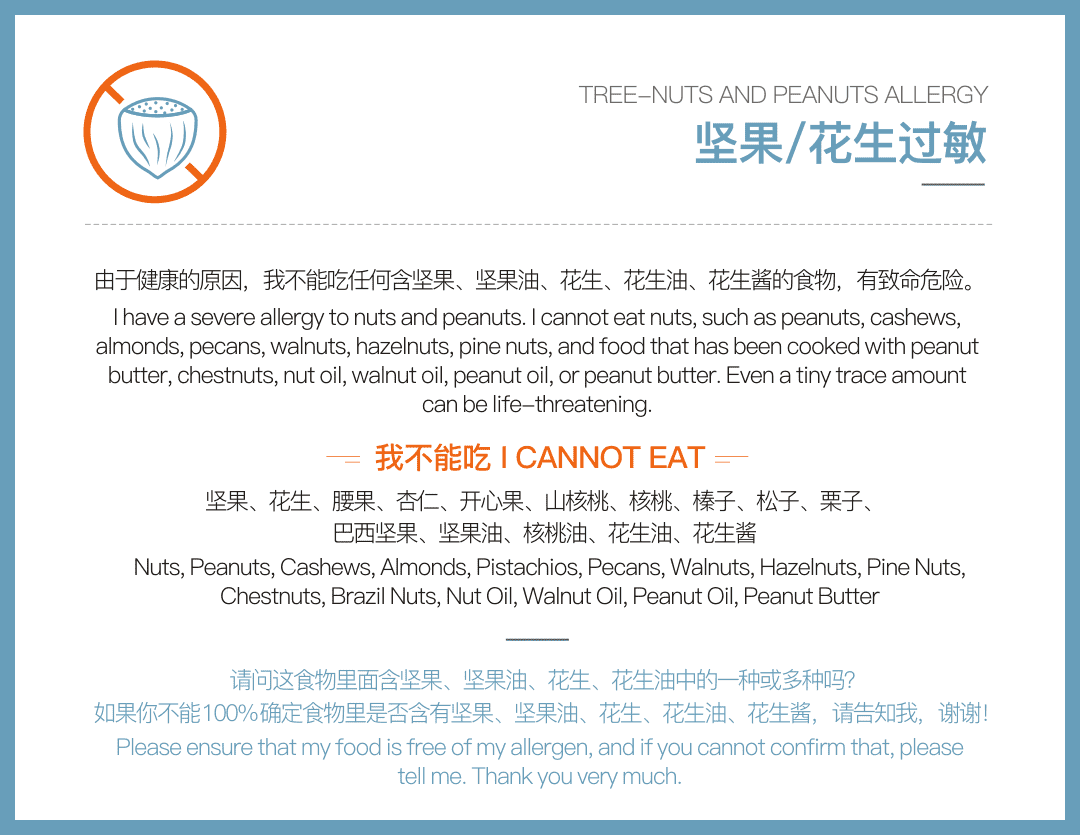
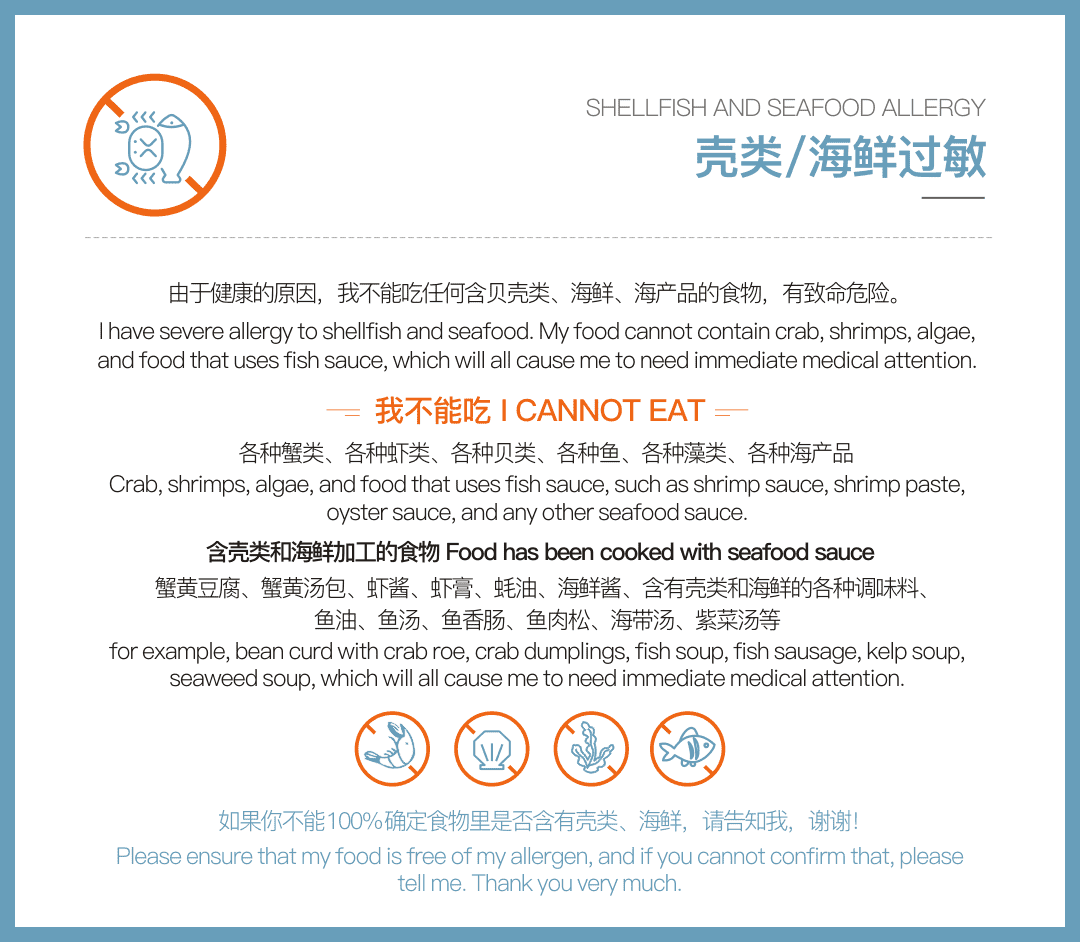
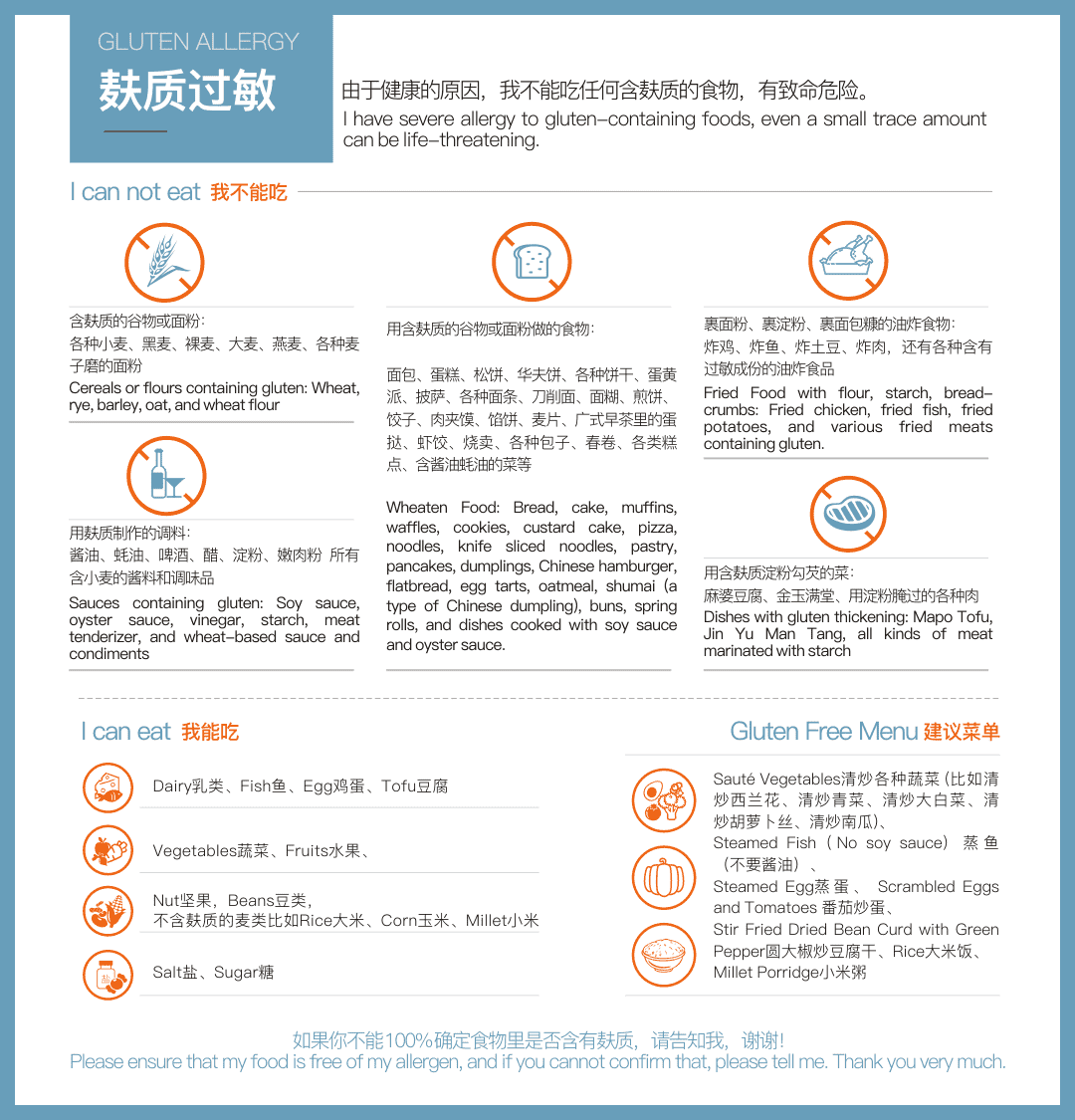
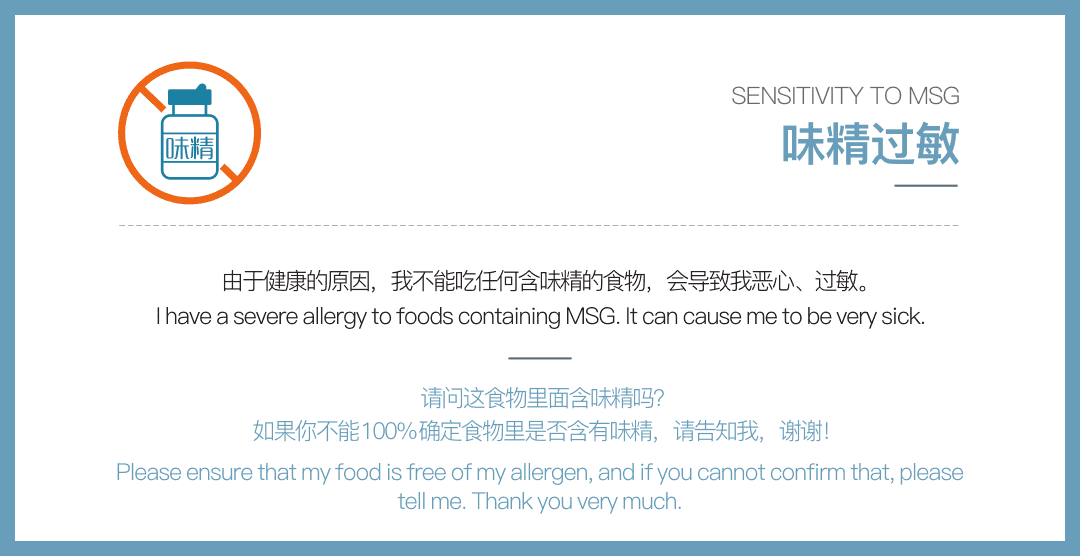
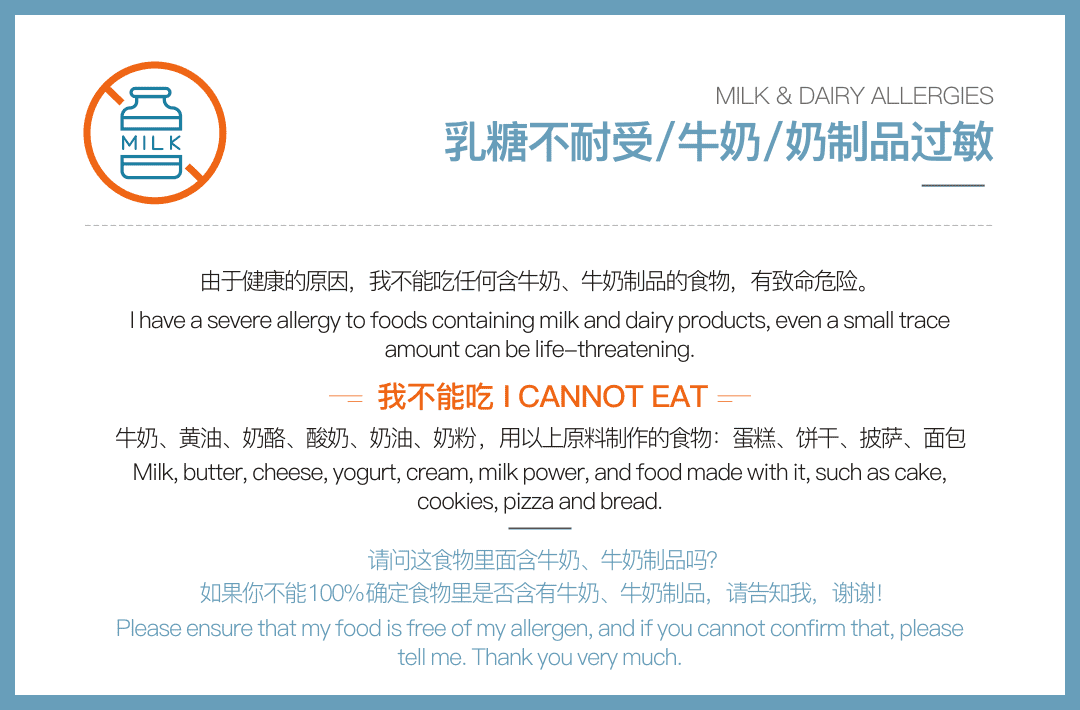
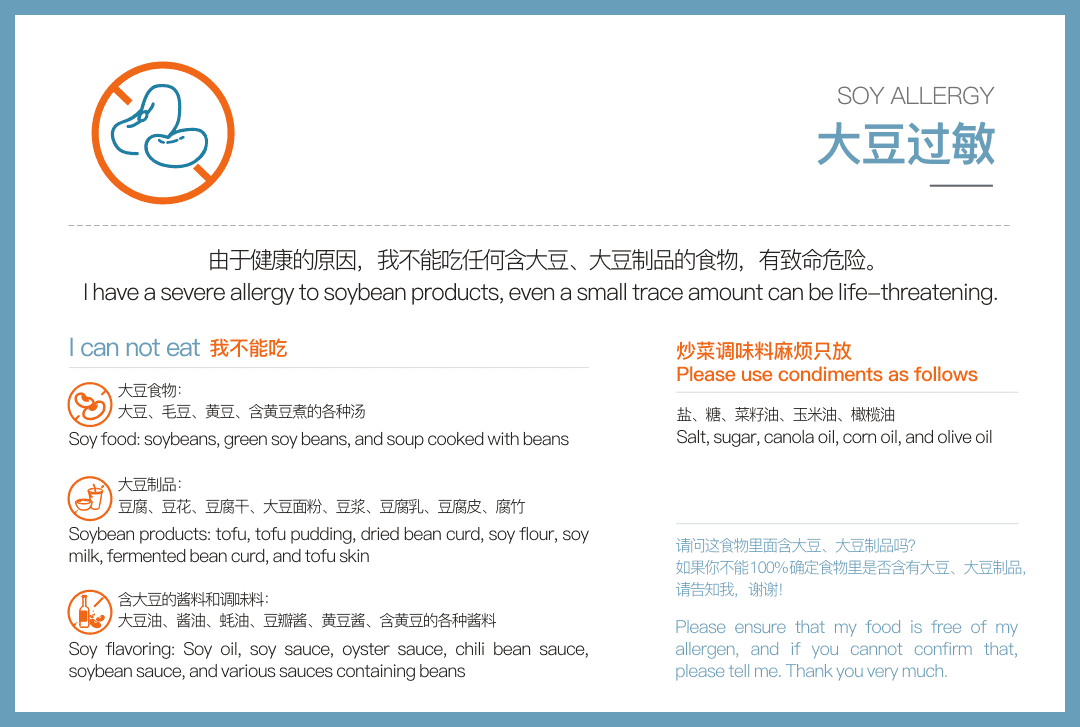
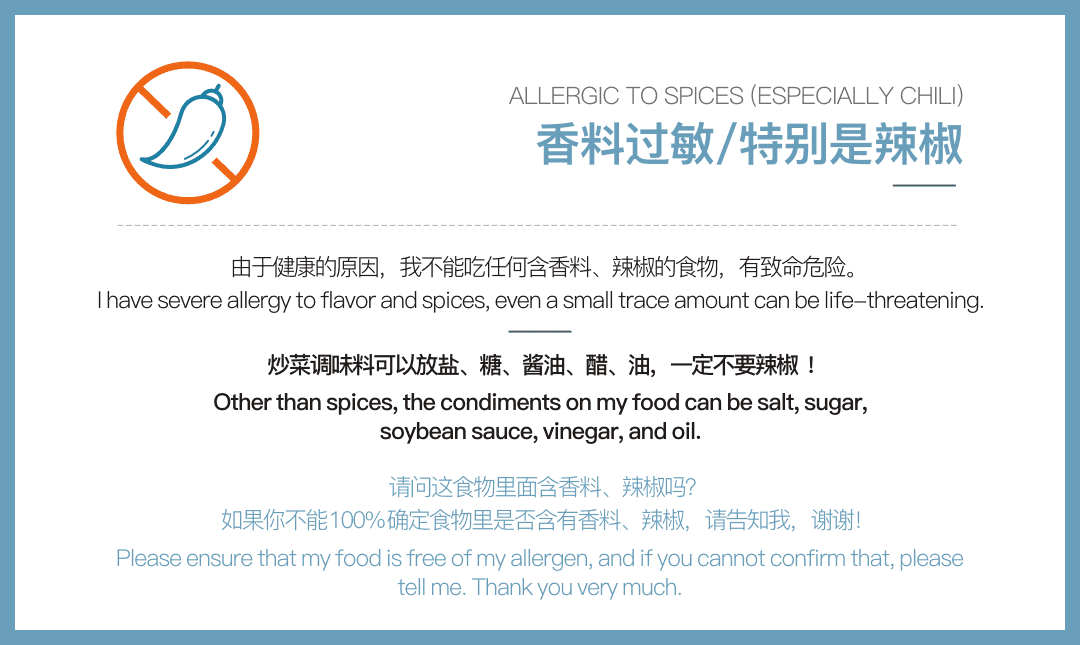
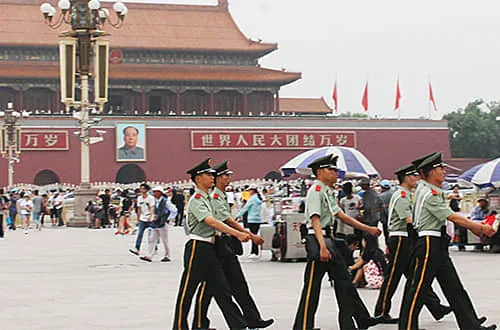 Is It Safe To Travel To China?
Is It Safe To Travel To China?  Summary of China Travel Tips
Summary of China Travel Tips  Chinese Money
Chinese Money  What is a Chinese Overnight Train Like?
What is a Chinese Overnight Train Like?